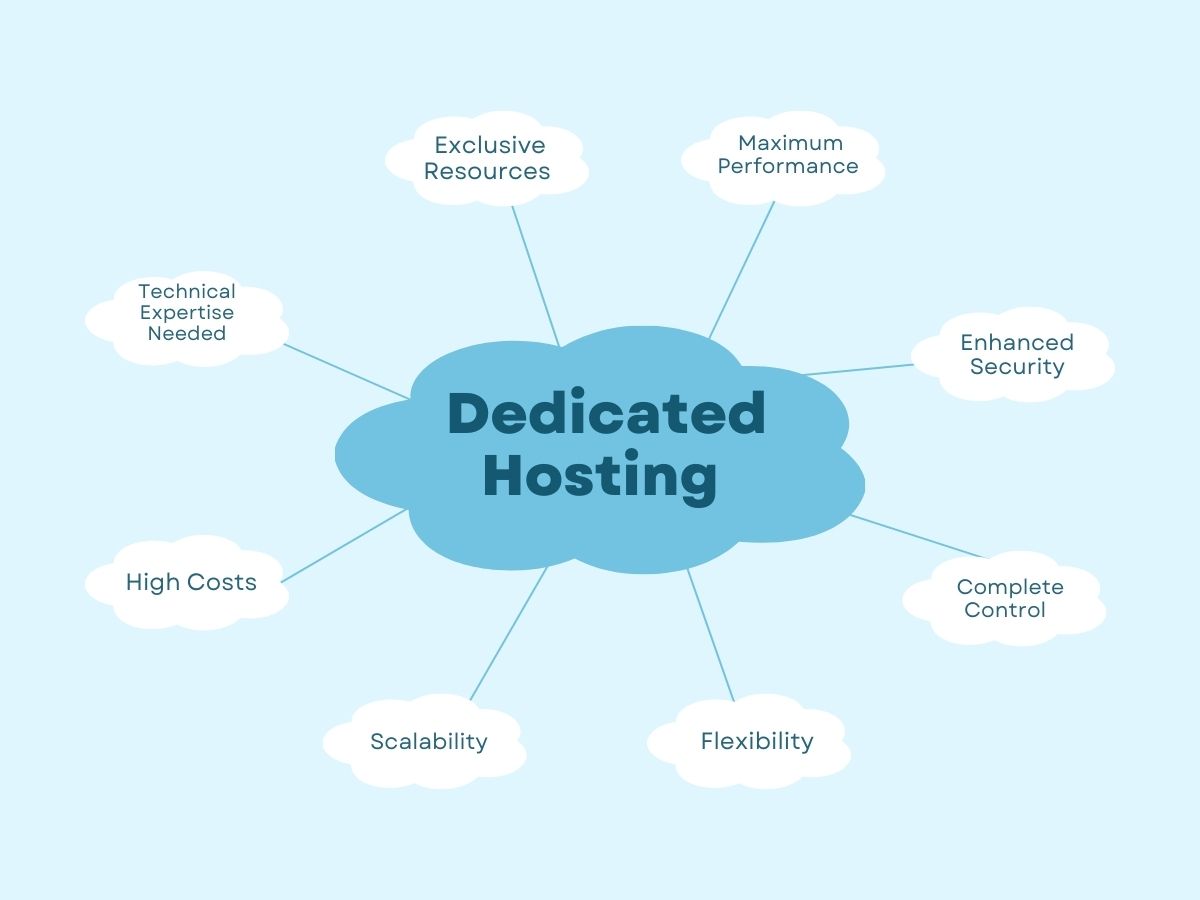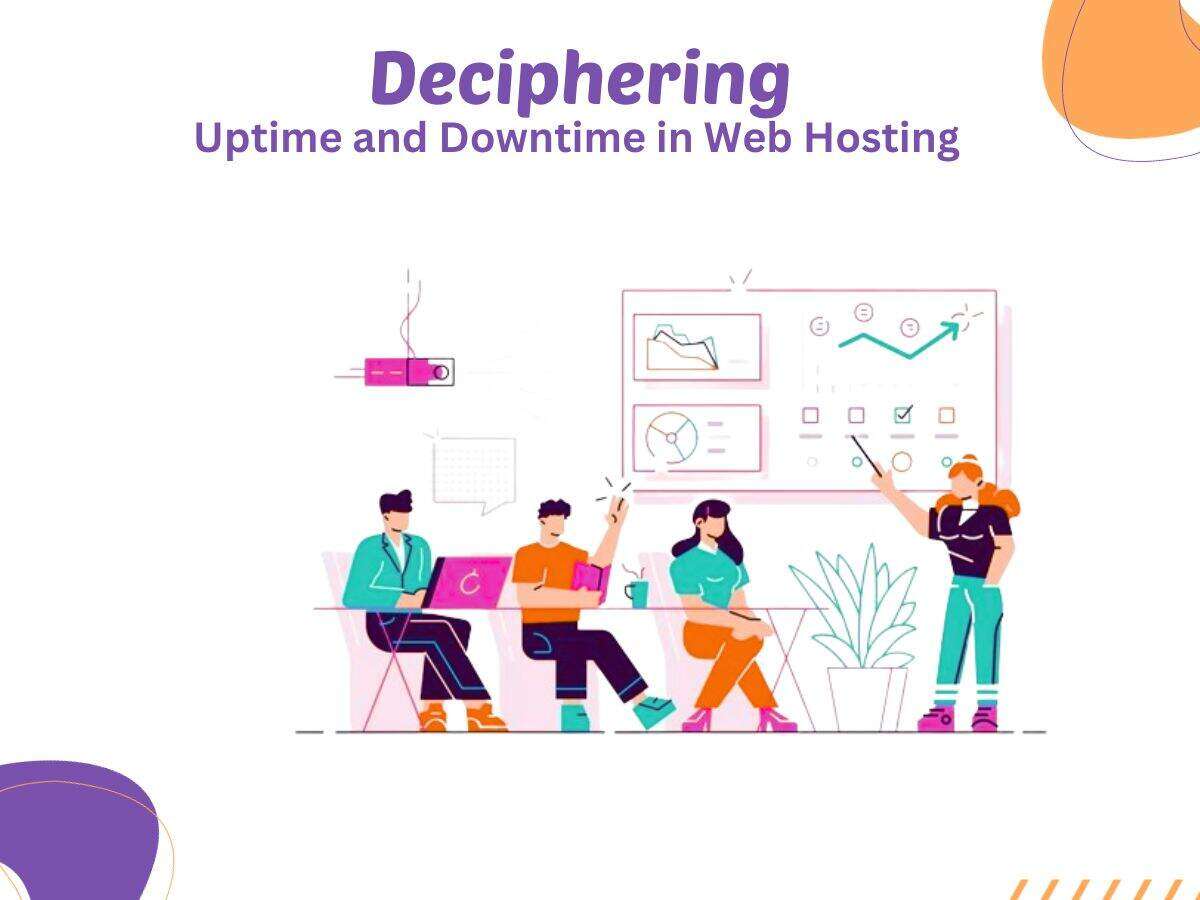
How Dedicated Hosting Works: An In-Depth Analysis
When exploring the realm of web hosting solutions, dedicated hosting works as a prime choice for businesses with high traffic websites, large databases, or specialized server software needs. With dedicated hosting, a user leases an entire server, receiving complete control over its resources. This article takes a closer look at dedicated hosting, examining how it operates, its advantages, and potential drawbacks.
What is Dedicated Hosting?
Dedicated hosting refers to a hosting configuration where an entire server is dedicated to a single user or website. Unlike shared or VPS hosting, where resources are split among multiple users, a dedicated server provides the complete computational power of the server hardware to a single user.
How Does Dedicated Hosting Work?
In dedicated hosting, the hosting provider rents out a physical server, housed in a data center, to a single client. This server has its CPU, RAM, storage, bandwidth – all the crucial components necessary for running a website efficiently.
Clients are usually granted root access to the server, allowing them to install their preferred operating system, software, and conduct custom configurations. Due to the nature of dedicated hosting, it typically suits users with solid technical abilities or organizations with a dedicated IT department.
Advantages of Dedicated Hosting
Dedicated hosting boasts several significant benefits, making it an appealing choice for larger companies or high-traffic websites:
1. Exclusive Resources
With dedicated hosting, all the server’s resources, including processing power, memory, and storage, are entirely at your disposal. This exclusivity ensures optimal performance, unaffected by the resource usage of other users.
2. Maximum Performance and Speed
Given that no resources are shared, a dedicated server offers the highest level of performance and speed. This benefit is crucial for businesses with highly dynamic websites, large databases, or those receiving large volumes of traffic.
3. Enhanced Security and Control
Dedicated hosting provides the highest level of security among the hosting options. As the server is exclusive to one user, the risks associated with shared resources are eliminated. Extensive customizations also enable the implementation of robust security protocols and software.
4. Complete Control and Customization
With dedicated hosting, users gain complete administrative access to the server. This level of control allows for deep customizations, installation of specific software, and fine-tuning of server settings to suit your needs.
Drawbacks of Dedicated Hosting
Despite its numerous benefits, dedicated hosting does have potential drawbacks to consider:
1. High Costs
Dedicated hosting is the most expensive form of hosting, given that you are renting an entire server. Costs not only include rental but also maintenance and any additional technical support.
2. Technical Expertise Needed
Given the level of control offered by dedicated hosting, it is essential that users possess solid technical knowledge to manage and maintain the server efficiently. Those without the necessary technical expertise may need to hire a qualified IT team or rely on managed hosting options.
Conclusion
Dedicated hosting represents the top-tier of hosting solutions, providing unparalleled control, resources, and performance. While its high cost and technical demands may not suit everyone, for large businesses, e-commerce platforms, or high-traffic sites, dedicated hosting works a robust and reliable hosting avenue to ensure optimal website performance and security.







